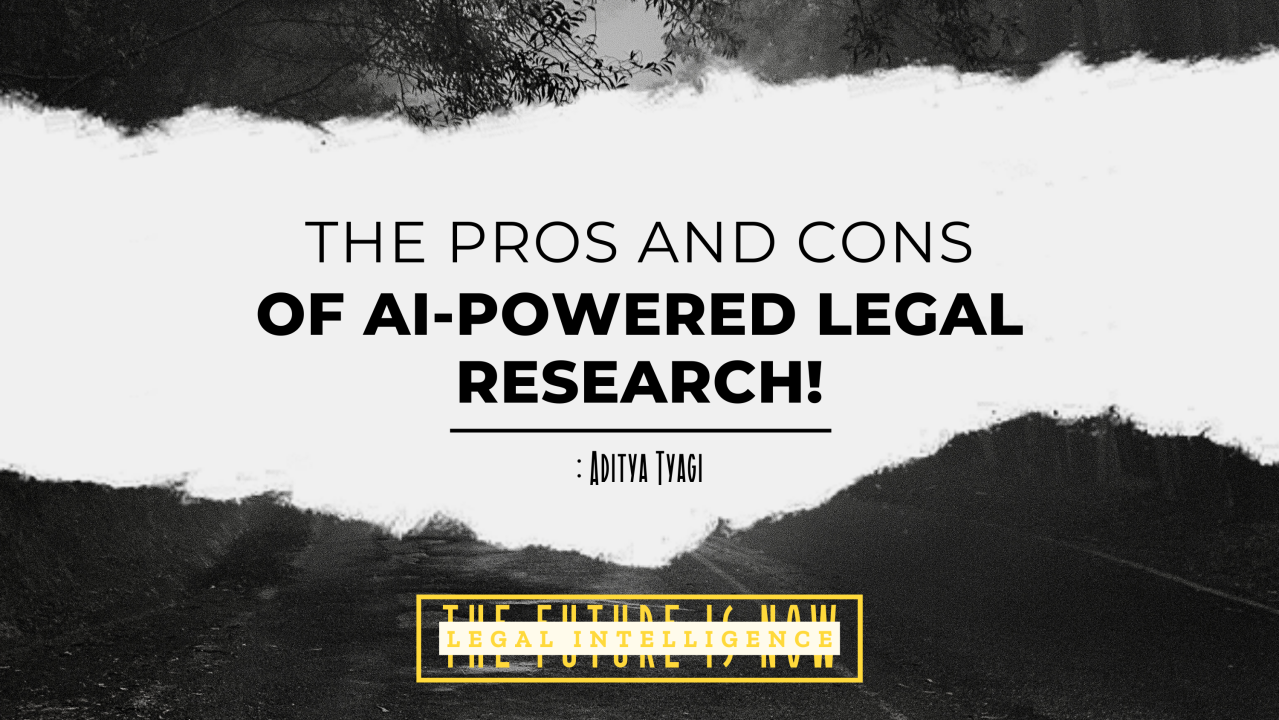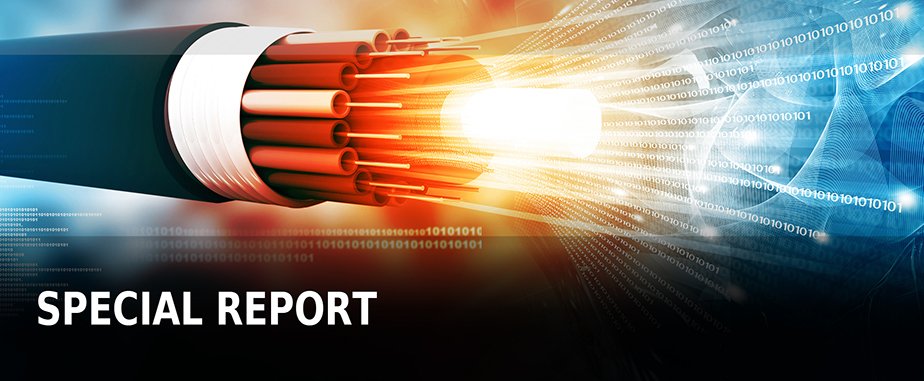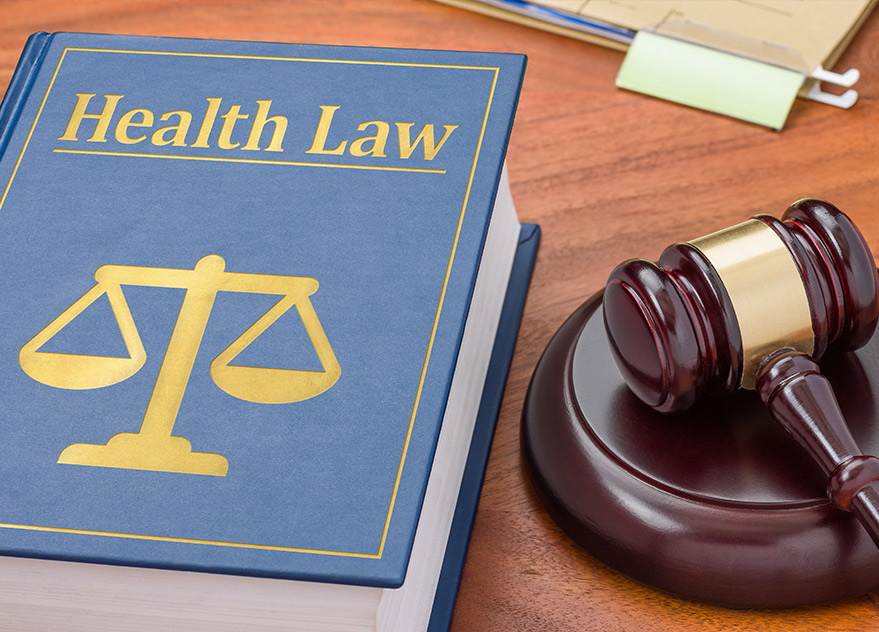Navigating Legal Aspects in Blockchain Governance: A Comprehensive Guide

Understanding Blockchain Governance
Blockchain technology has emerged as a transformative force, offering decentralized solutions across various industries. However, as blockchain applications proliferate, the need for robust governance becomes paramount. This article delves into the legal considerations in blockchain governance and the complexities that arise in this evolving landscape.
The Decentralized Challenge
One of the defining features of blockchain is decentralization, which poses unique challenges for traditional legal frameworks. As governance structures evolve, ensuring compliance with existing laws and regulations becomes a crucial aspect. Balancing decentralization with legal accountability requires careful navigation within the blockchain space.
Smart Contracts and Legal Enforceability
Smart contracts, a cornerstone of blockchain technology, are self-executing contracts with the terms directly written into code. Ensuring the legal enforceability of smart contracts presents a challenge. Legal professionals must grapple with questions of contract interpretation, dispute resolution, and the adaptation of existing legal frameworks to accommodate this innovative form of agreement.
Regulatory Compliance in a Decentralized Ecosystem
Blockchain projects often operate across borders, making regulatory compliance a complex issue. Legal considerations in blockchain governance extend to ensuring adherence to international and local regulations. Navigating compliance requirements becomes essential to prevent legal hurdles that could impede the development and adoption of blockchain solutions.
Tokenomics and Securities Laws
The issuance and trading of tokens play a pivotal role in blockchain ecosystems. Legal professionals must carefully assess whether these tokens fall under securities laws. The evolving nature of tokenomics adds a layer of complexity, requiring a nuanced understanding of regulatory frameworks to avoid legal pitfalls associated with securities violations.
Privacy and Data Protection
Blockchain’s transparent and immutable nature raises concerns regarding privacy and data protection. As blockchain governance addresses these issues, legal considerations must align with evolving data protection laws. Striking a balance between transparency and privacy is crucial to ensure compliance with regulations such as the General Data Protection Regulation (GDPR).
Governance Structures and Decision-Making
Blockchain networks often employ governance structures that involve token holders in decision-making processes. Legal considerations arise concerning the legitimacy of these structures and the rights and responsibilities they confer. Ensuring fairness, transparency, and legal compliance in these decentralized decision-making mechanisms is a multifaceted challenge.
Smart Regulation for Smart Contracts
The regulatory landscape for blockchain governance is evolving, and there is a growing recognition of the need for “smart regulation.” This involves creating regulatory frameworks that foster innovation while providing adequate legal safeguards. Legal professionals play a vital role in shaping and advocating for regulations that facilitate responsible blockchain governance.
Dispute Resolution in a Decentralized World
The decentralized nature of blockchain complicates traditional dispute resolution mechanisms. Legal considerations in blockchain governance extend to the development of decentralized dispute resolution protocols. Implementing effective mechanisms that ensure fairness and accountability is crucial for building trust in blockchain applications.
Collaborative Engagement with Legal Experts
In navigating the legal considerations in blockchain governance, collaboration between blockchain developers and legal experts is imperative. Legal professionals contribute their expertise to shape governance structures, address compliance challenges, and ensure that blockchain projects adhere to ethical and legal standards.
Nurturing a Responsible Blockchain Ecosystem
In conclusion, legal considerations are integral to the development and sustainability of blockchain governance. As the technology matures, legal professionals, developers, and regulators must collaborate to nurture a responsible blockchain ecosystem. By addressing these legal complexities, the full potential of blockchain technology can be realized in a manner that aligns with legal standards and ethical principles.
For more information on Legal considerations in blockchain governance, visit Legal considerations in blockchain governance.










